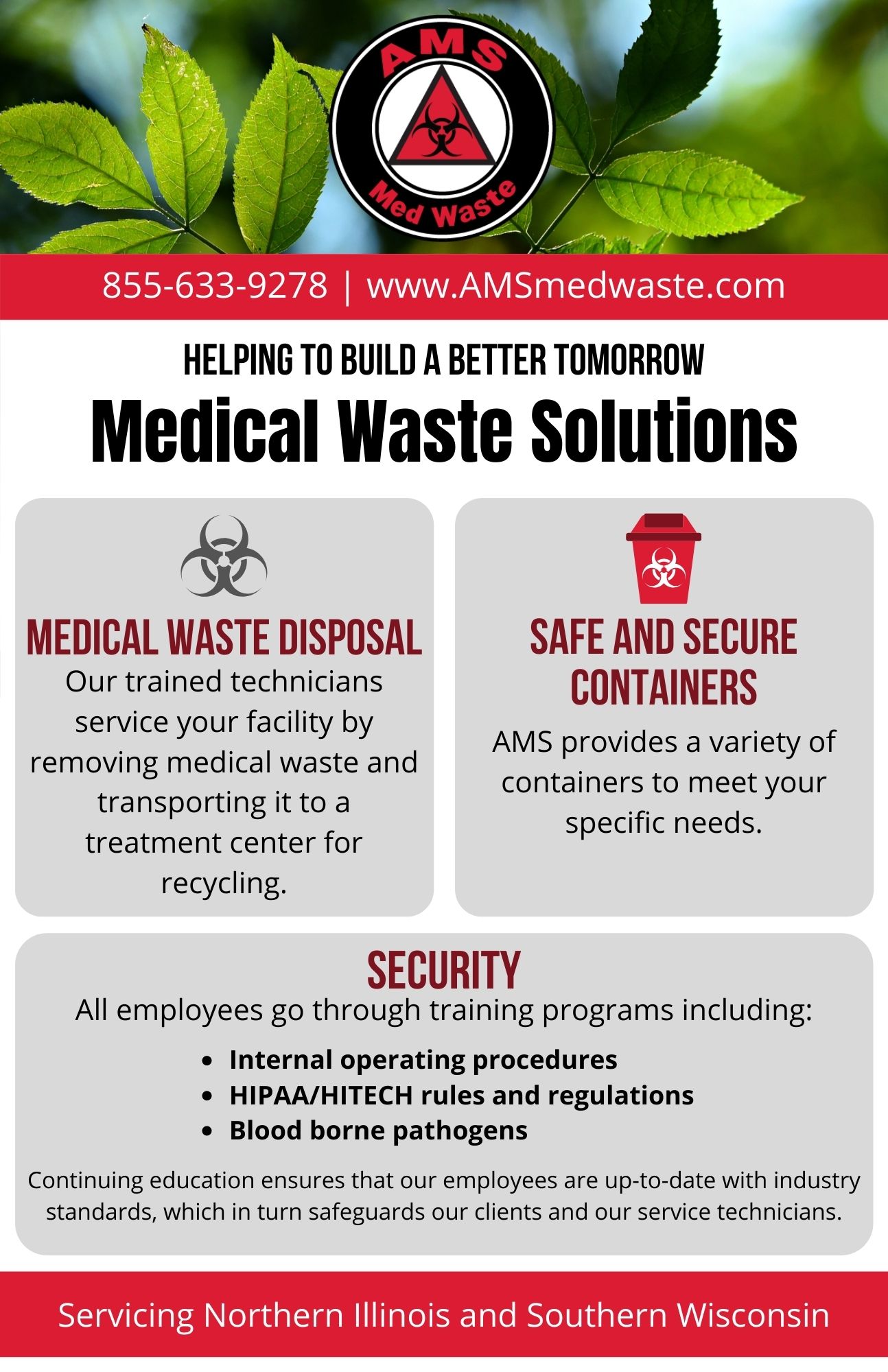The Alzheimer's Association International Conference started Saturday in Washington, D.C. Researchers say a new generation of drugs in development could not only help Alzheimer's patients but also people with other brain disorders.
Reuters:
Ahead Of Alzheimer’s Meeting, Researchers Seize On Signs Of Progress
After decades of Alzheimer’s research that led to dead ends, including 123 drugs that failed, top researchers in the field say they are far more confident now of producing an effective treatment. Their optimism has been building ahead of the Alzheimer's Association International Conference (AAIC), which starts on Saturday in Washington, DC. New experimental drugs from Eli Lilly and Co and Biogen have shown promise in slowing down the progression of the mind-wasting disease, attracting the attention of investors and patients. Those drugs are still very early in their development and could still join the scrap heap. But the field has gained a major understanding of how the brain changes with Alzheimer’s and better insight on how and when to intervene medically. (Berkrot and Pierson, 7/18)
NPR:
Alzheimer's Drugs In The Works Might Help Other Diseases, Too
Efforts to find a treatment for Alzheimer's disease have been disappointing so far. But there's a new generation of drugs in the works that researchers think might help not only Alzheimer's patients, but also people with Parkinson's disease and other brain disorders. Previous efforts to treat Alzheimer's have focused on a single target — usually the protein called beta-amyloid, says Maria Carrillo, chief science officer of the Alzheimer's Association. "The one-target approach is probably not going to be the answer," Carrillo says. (Hamilton, 7/19)
The Washington Post:
Saliva Seen As Possible Diagnostic Tool For Alzheimer’s Disease
Your spit might just reveal whether you’re a likely candidate for developing Alzheimer’s disease. That at least is the hope of Canadian researchers whose study suggests that analyzing certain chemical compounds in saliva could provide a cheap, noninvasive way to learn whether the brain has begun to undergo the changes that culminate in loss of memory and cognitive function. (Kunkle, 7/19)
The Associated Press:
California Universities Battle Over Alzheimer’s Research
One university’s effort to poach a star faculty member at another Southern California university has devolved into a legal battle that some fear may impede Alzheimer’s disease research. The University of California, San Diego, has filed a lawsuit over last month’s defection of Alzheimer’s disease expert Paul Aisen and other employees to the University of Southern California, which has worked to bolster its reputation in medicine and sciences and has offered lucrative compensation packages to public university faculty. (7/19)






